The Unavoidable Scratches

How do you solve a problem like scratches?
Scratches are an unavoidable problem for jewellery, especially if it has been finished with a high mirror-like polish. Rings will experience the most wear, tear and scratches as our hands come into contact with everything. A prime example of this is seen in plain, polished wedding bands. Fine hair line scratches and scuffs will be most noticeable and obvious, soon after wearing your new wedding band. However, over time as the polish of the metal naturally dulls, it will develop a pleasing finish and the scratches will not seem so prominent.
If you wear white gold jewellery that has been rhodium plated, you will also notice that these small scratches will develop. Rhodium plating helps to restore the surface of your jewellery, protecting it from wear and tear and produces a high white sheen to your jewellery. Over time the rhodium plating will wear, however this will generally happen fairly gradually and evenly, and the scratches will again not seem so obvious.
Depending on your jewellery style, it can be fashionable to stack rings, bangles or bracelets. Take into consideration, that the close contact of these items of jewellery, will increase the ability of the precious metals and stones to scratch against each other.
What You Can Avoid

It is good practice to apply your jewellery on last, when getting ready to go out. This will avoid any direct contact with perfumes and beauty products.
When carrying out physical activities such as: going to the gym, exercising, gardening and housework, it is advisable that jewellery should not be worn. Rings, bracelets and other items can become loose, damaged and knocked - impacting the overall condition of your jewellery.
It is best to get into a routine, with taking your rings and bracelets off, before washing your hands or applying hand sanitisers/lotions. Avoid wearing jewellery when showering, especially if your jewellery consists of porous gemstones, such as: malachite, opal, pearls and turquoise. If you swim regularly, jewellery should not be worn, as both the chlorine and saltwater will react with the precious metals.
To prevent your jewellery from tarnishing or even disintegrating, avoid exposure to: household chemicals, bleaches, toothpaste, baking soda and any other cleaning abrasives or corrosive products. As these could permanently damage the precious metals, stones or pearls.
How To Store Your Jewellery
Jewellery when not worn, should be stored in a safe, soft environment such as a jewellery box or pouch. A jewellery case with partitions or fabric inserts, is most suitable to organise your jewellery and keep pieces separate from each other, to avoid scratches and marks. When storing chains, make sure they are fastened, as this will prevent them from tangling.
Be aware of extreme temperature changes, including intense sources of heat. Avoid leaving your jewellery in direct sunlight, for long periods of time, as this can cause damage to metals and precious gemstones.
To prevent your jewellery from tarnishing or corroding, avoid exposure to damp and wet environments such as bathrooms. Exclusively for opals, ideally store with moist cotton balls/a dish of distilled water, to avoid dehydration and prevent the opal from cracking and crazing.
How To Clean Your Jewellery At Home

It is natural that over time, jewellery will pick up oil and dirt from our skin, as well as residues from soap and other products. In between professional cleaning and polishing services, you can get good results from cleaning your jewellery at home, to restore the sparkle in just a few simple steps:
Step 1: Fill a bowl or container with lukewarm water and mild washing up liquid.
Step 2: Soak your jewellery for 10-15 minutes.
Step 3: Use a soft bristled brush to loosen any dirt.
Step 4: Check the item of jewellery is secure and note any loose or damaged stones or fixings.
Step 5: Rinse in clean cold water.
Step 6: Clean and dry with a lint free cloth.
The Professional Service
 It is important to bear in mind the daily considerations we have advised above. As well as the practicality of how we are wearing our jewellery, whilst doing certain activities, and how this could potentially lead to impact and damage.
It is important to bear in mind the daily considerations we have advised above. As well as the practicality of how we are wearing our jewellery, whilst doing certain activities, and how this could potentially lead to impact and damage.
However and ultimately, jewellery is to be worn, and the more we wear our jewellery, the more likely it will be in need of some restoration. It is advisable that every few years, you should have your jewellery examined, cleaned and serviced by professionals. We at Lewins can clean and polish your jewellery in a safe and effective way. So, whilst taking great care, we can get it looking as good as new!
Contact Us, to enquire about our ‘high shine’ spa treatments and examination services for jewellery restoration.

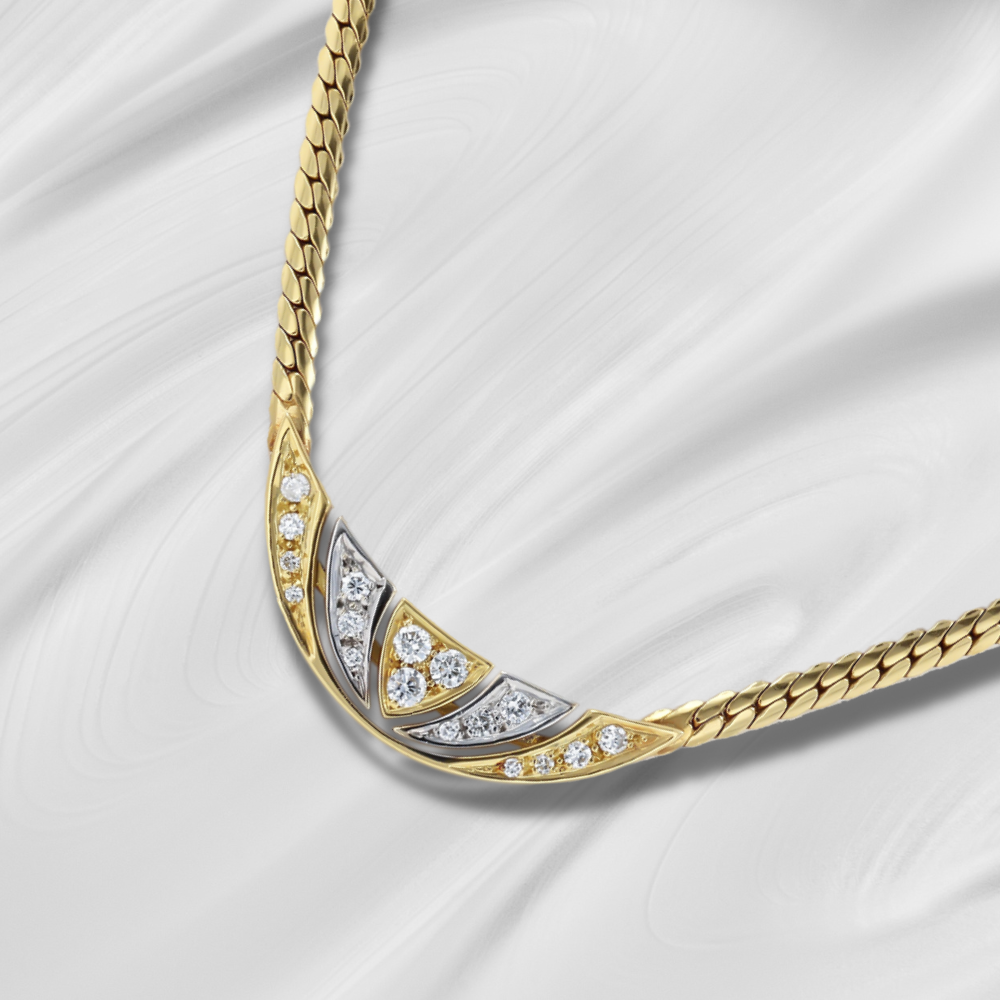
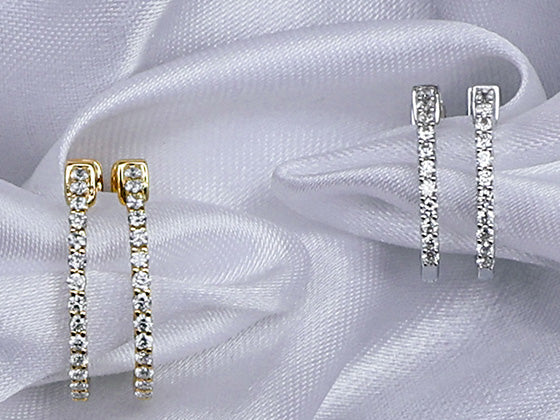
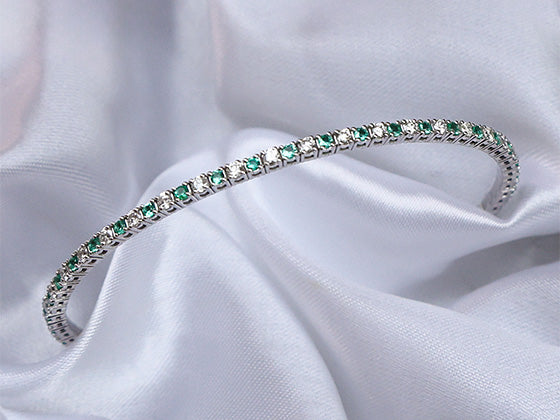

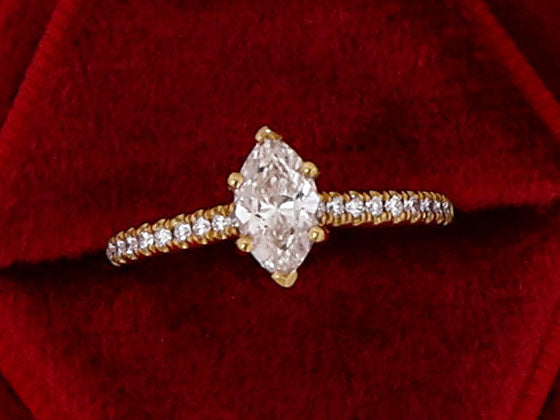
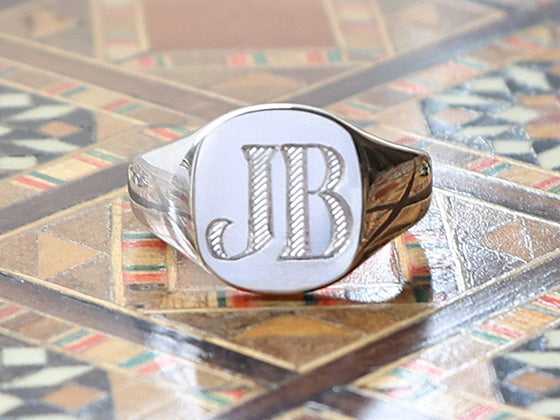
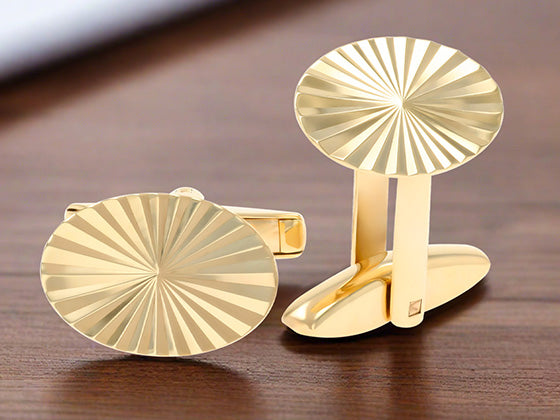
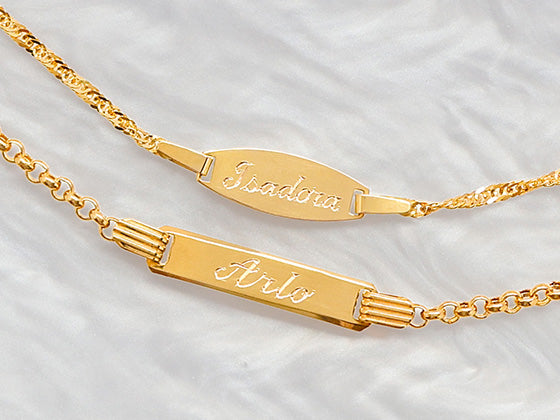
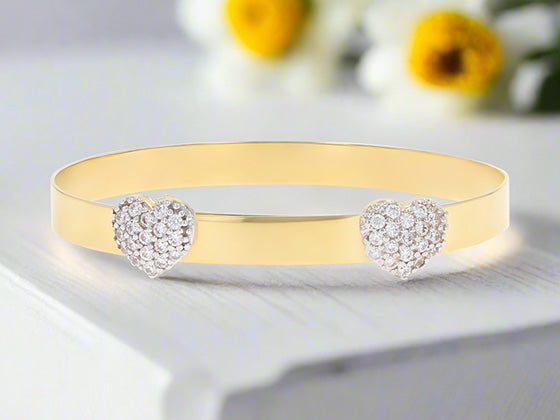
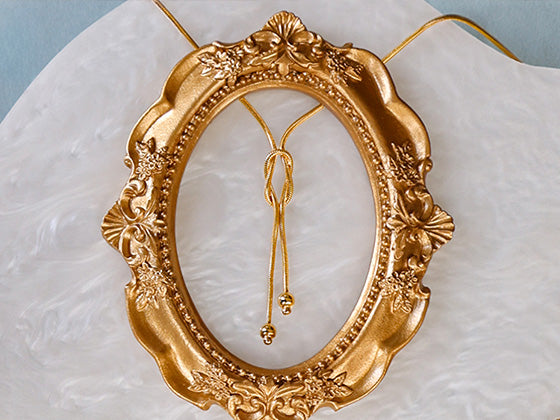
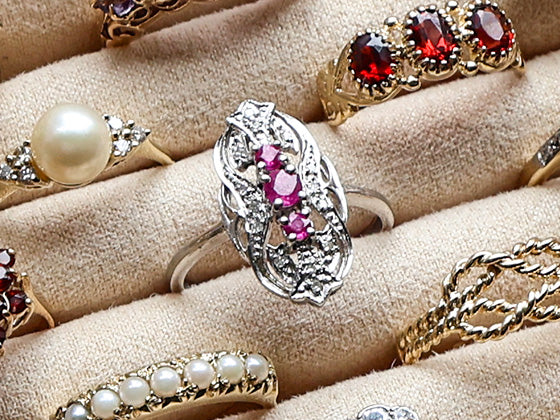
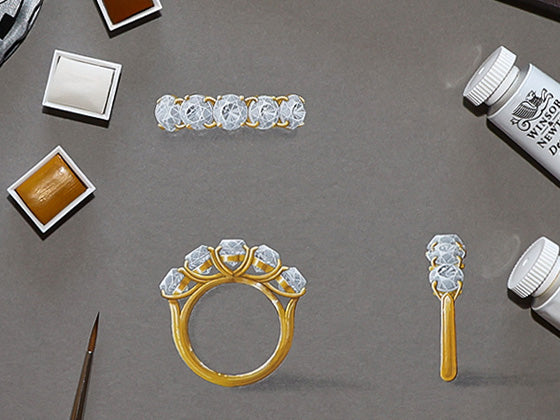
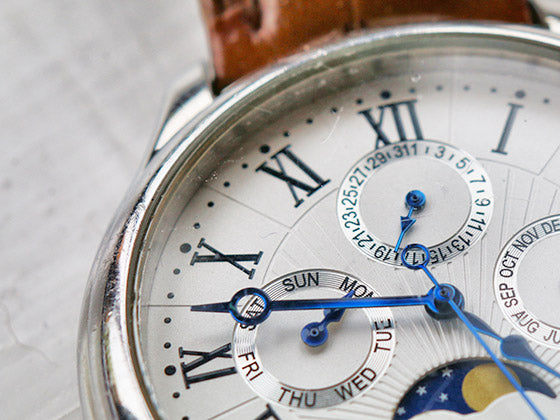
 Contact Us
Contact Us
